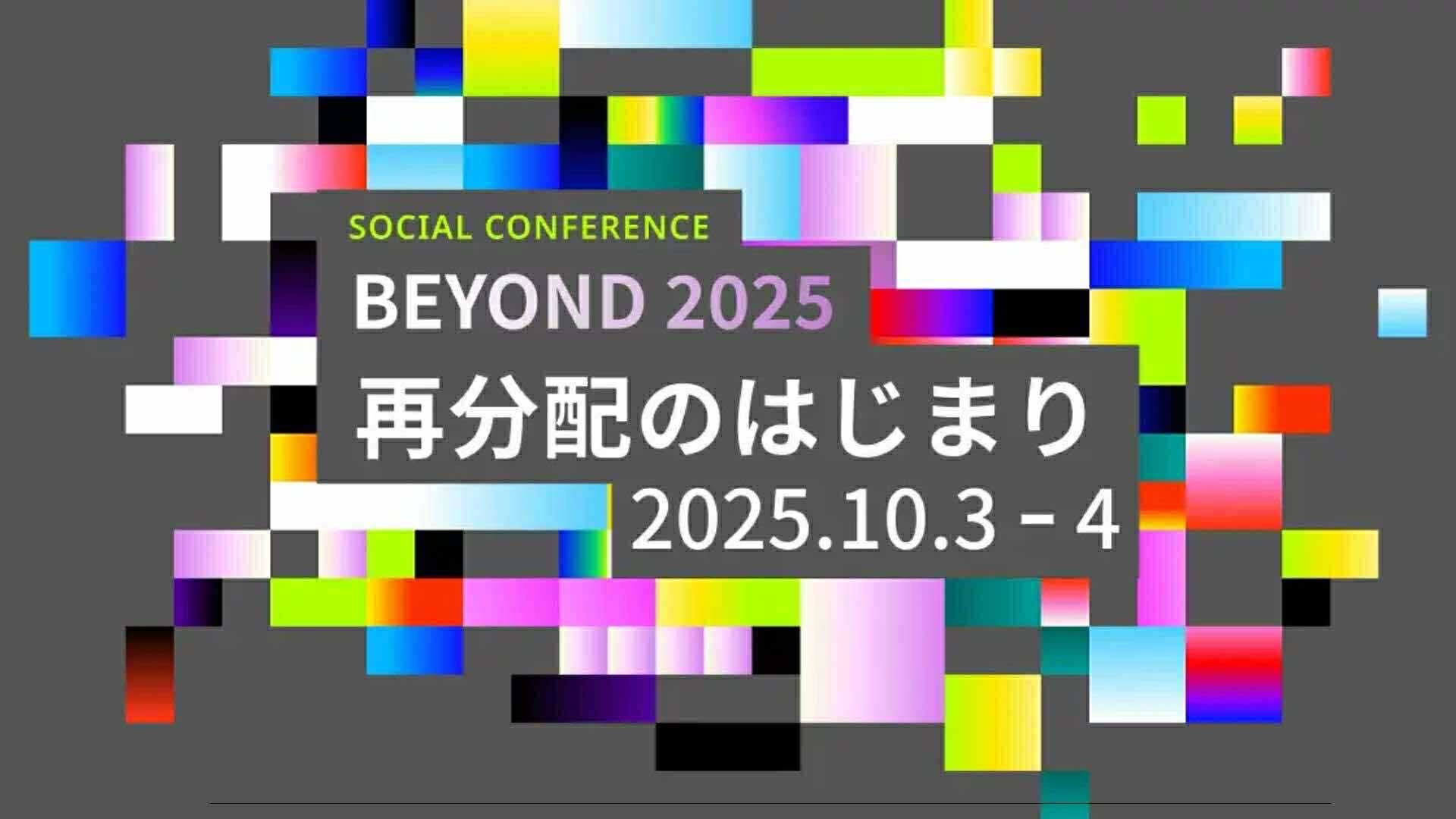Crafting a Future Where Tradition Meets Sustainability
Cultural TourismSustainability
In Japan’s ancient capital, local makers and businesses are finding new ways to protect the planet while keeping their culture alive
For over a thousand years, Kyoto has been a city where people think long-term. Many local businesses have inherited their craft and spirit through generations. Yet these companies are not just preserving tradition—they are creating new value for the future. They act as social enterprises, balancing respect for culture with care for the environment and community.
Today, visitors can join these businesses in hands-on experiences that show how sustainability can be part of daily life. In collaboration with BEYOND2025, one of Japan’s largest social conferences, and the JTB Kyoto Branch, these programs offer a fresh way to explore Kyoto through the lens of social impact and local creativity.
Features of this Plan
1. Kyoto Candles "Japanese Candle Painting Experience"
Nakamura Candle
Traditional and eco-friendly products
Japanese candles made from plant-based ingredients have a low carbon footprint. Nakamura Candles maintains techniques passed down since the Edo period, while achieving both modern design and environmental friendliness.Social Value: Preserving traditional industries and promoting environmentally friendly consumption
2. VIGORE JOURNEY | Sports bicycle rental
VIGORE
A local workshop showcasing the future of mobility
Hand-assembled in Kyoto's local workshops, sports bikes are a symbol of sustainable transportation. Tourists touring the area by bicycle not only reduces CO2 emissions, but also increases their contact with local businesses.Social Value: Revitalizing local manufacturing and promoting green tourism
3. Vegan Walking
KYOTOVEGAN
Social change in food and lifestyle
Set in a shopping arcade, participants will learn about sustainable food culture while enjoying a lunch that does not contain animal products. This is an initiative to spread food sustainability at the consumer level, in collaboration with local food and beverage businesses.Social Value: Reducing environmental impact and creating new markets (vegan demand)
4. Craft Walk "Lacquer in Everyday Life"
Tsutsumi Asakichi Lacquer Shop
A circulation model of natural resources and culture
Lacquer is a natural material extracted from trees and is a symbol of sustainable resource circulation. Tsutsumi Asakichi Urushi-ten reconnects lacquer culture with modern life and proposes sustainable living through crafts.Social Value: Sustainable use of natural resources and revaluation of traditional crafts
BEYOND2025 – The Beginning of Redistribution
On October 3–4, 2025, Kyoto will host BEYOND2025, one of Japan’s largest social conferences. The event will bring together leaders, creators, and citizens to discuss how we can share resources more fairly and build a sustainable future together.







 Kyoto
experience
Kyoto
experience Contact us by phone
Contact us by phone Contact by email
Contact by email